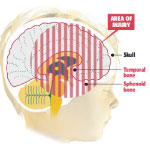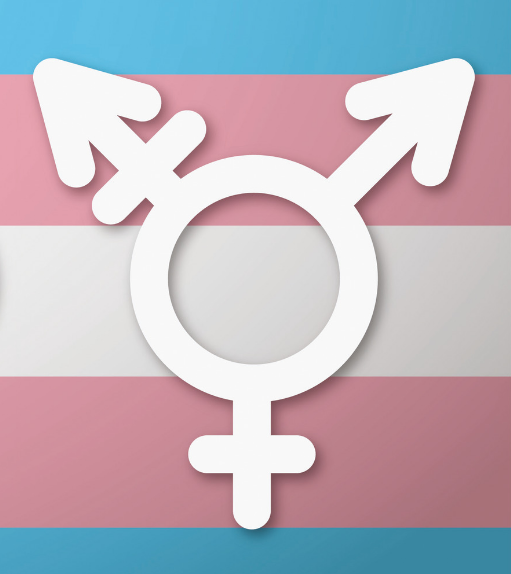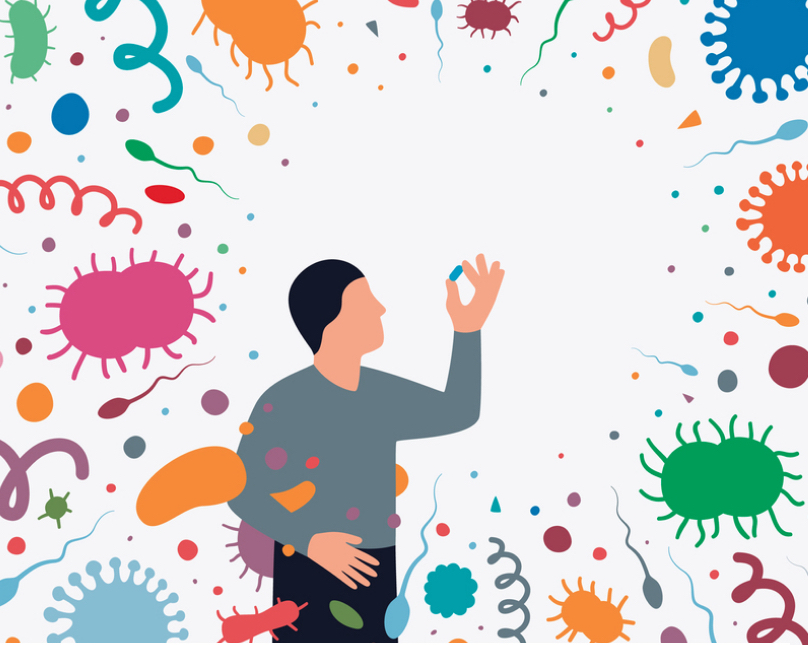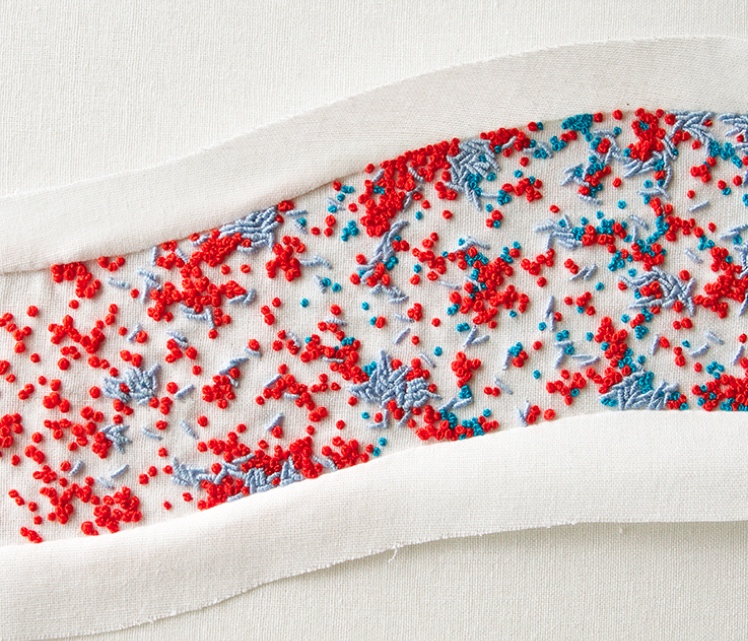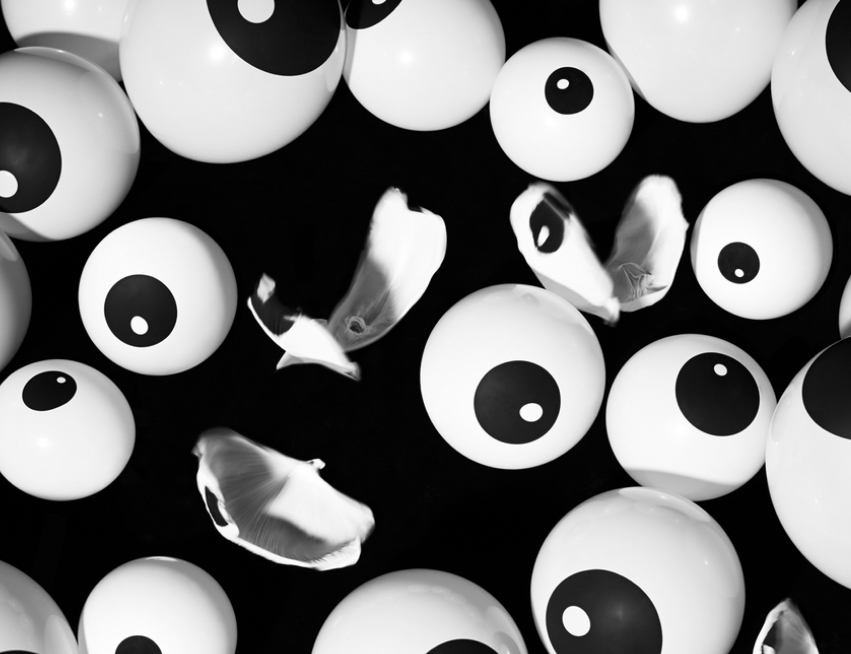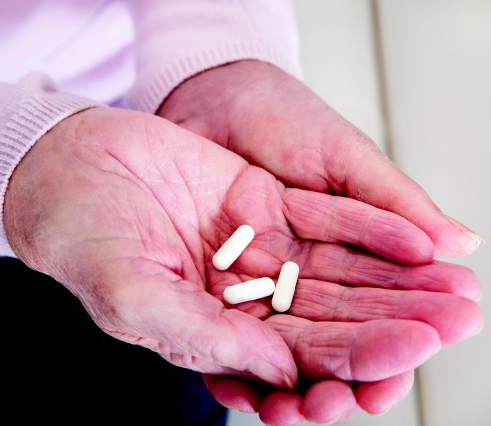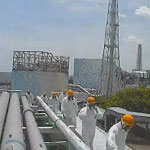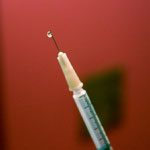 Medicine
Medicine
The desperate race to save a toddler with a severe brain injury. The surprising effectiveness of fecal transplants. The unrelenting agony of a mysterious type of eye pain and the life-saving potential of discarded umbilical cords. Through my extensive medical reporting, I have sought to translate the key findings and remaining uncertainties in specialties ranging from neurology and gastroenterology to ophthalmology and oncology. My work on the topic has appeared in publications such as Mosaic, Newsday, Cancer Health, Cancer Cytopathology, NYU Physician and Nature Reports Stem Cells.
Featured Stories
Saving Bobby [PDF]
Newsday, February 26, 2006
The North Bellport father backs his family’s Dodge Durango down the driveway on a snowy morning in February and accidentally crushes his young son’s head. One year later, the 3-year-old boy is alive and remarkably well. Not because there was any one defining moment in the struggle to save Bobby Palange. But because there were so many. Associated Awards
Associated Awards
Association of Health Care Journalists Awards,
First Place in Large Newspapers & Wire Services Category, 2007
Deadline Club Award,
Best Feature Reporting in Newspapers & Wire Services Category, 2007
New York Press Club Award,
Best Web Exclusive Content, 2007
Press Club of Long Island Award,
Best Online Multimedia Reporting, 2007
Newsday Publisher’s Award,
Feature Reporting, 2006
A cancer screening crisis for transgender patients
Cancer Cytopathology, July 10, 2019
Discrimination, patient unease, provider ignorance, and a highly gendered health care system are impeding cancer screening and risk assessment in the transgender population (Part 1 of a 2?part series on how clinicians can begin to address these barriers).
Taking the lead
Cancer Health, March 18, 2019
A new breed of patient advocate is reshaping the future of cancer research.
The unexpected effects of the HIV prevention pill
Mosaic, November 27, 2018
PrEP is great at blocking HIV, but as its use grows, so do fears that people will be more sexually reckless and spread other STIs. Researchers, though, are coming to think that the opposite could be true.
The case for empathy
Cancer Cytopathology, August 14, 2017
Researchers differ on the finer points, but largely agree that stronger skills in empathy are needed for effective patient care (part 1 of a 2-part series on the push for more compassionate care and the growing evidence for positive patient outcomes).
 Associated Awards
Associated Awards
APEX Grand Award, 2018
The lifesaving treatment that’s being thrown in the trash
Mosaic, March 27, 2017
Diagnosed with leukemia in his early 40s, Chris Lihosit was saved by umbilical cord blood from three babies. But why is cord blood banking still the exception rather than the norm?
Dysphagia: it’s like being waterboarded 24 hours a day
Mosaic, March 14, 2016
This is the harsh reality of dysphagia: it’s a major symptom of multiple diseases, disorders and injuries, it can strike both young and old, and yet its repercussions often flummox doctors and play out far from public view. Advocates call dysphagia an invisible disorder and a silent epidemic.
In the blink of an eye
Mosaic, September 8, 2015
Most causes of eye pain – a stray eyelash, a chemical burn, a dirty contact lens – are obvious and short-lived. But what happens if the source isn’t immediately apparent and the agony doesn’t stop?
In debating the right to die, a shift in tone among physicians
Cancer Cytopathology, June 12, 2015
As laws legalizing physician-assisted suicide gain ground in Canada and elsewhere, physicians readjust their stance to retain a say (part 1 of a 2-part series on the medical profession’s recalibrated response to physician-assisted death).
 Associated Awards
Associated Awards
APEX Grand Award, 2016
Medicine’s dirty secret
Mosaic, April 29, 2014
Poo is a decidedly imperfect delivery vehicle for a medical therapy. It’s messy. It stinks. It’s inconsistent, not to mention a regulatory nightmare. But it can be incredibly potent.
Heeding the hard lessons of Chernobyl
Cancer Cytopathology, August 12, 2011
Twenty-five years after the worst nuclear accident in history, the world watched in horror on March 11, 2011 as a colossal earthquake and tsunami killed tens of thousands in Japan and crippled its Fukushima Daiichi nuclear power plant, threatening to unleash another disaster.
A new front in the debate over HPV vaccines for boys
Cancer Cytopathology, December 12, 2010
The HPV vaccination ad begins predictably enough. Paired with an image of an adolescent girl is the warning: ‘It could affect your daughter.’ Then it veers into largely uncharted territory with the follow-up line: ‘It could affect your son.’
Stem cell researchers face down stem cell tourism
Nature Reports Stem Cells, June 5, 2008
In April, a paralyzed man returning to Colorado from experimental stem cell therapy in India said he could feel the waistband of his pants for the first time in years. Like others before him, he couldn't say how many cells he had received or how his treatments had worked. Nor had his doctor published any details.
Additional Stories
Testing times: Four emerging STIs that you can’t afford to ignore
Mosaic, Dec. 4, 2018
Although gonorrhea, chlamydia and syphilis grab most of the headlines, public health officials are warily watching the emergence of other bacterial sexually transmitted infections.
Bean: the dog who couldn't swallow
Mosaic, March 14, 2016
For some people with swallowing difficulties, hope is a wagging tail.
Laser eye surgery and chronic pain
Mosaic, Sept. 7, 2015
Lingering questions remain about LASIK’s long-term effects.
Medical marijuana: Hints of headway?
Cancer Cytopathology, Feb. 13, 2015
Despite a conflicted regulatory landscape, support for medical marijuana is growing amid increasing evidence of potential benefits.
Cannabis conundrum: Evidence of harm?
Cancer Cytopathology, January 14, 2015
Opposition to marijuana use is often rooted in arguments about the drug’s harm to children and adults, but the scientific evidence is seldom clear?cut.
Comparative effectiveness research takes a stand on cancer screening
Cancer Cytopathology, February 13, 2012
The intensifying debate over comparative effectiveness research and the potential harms of cancer screening.
A superficial success
Nature Reports Stem Cells, January 15, 2009
Investigating the spurious claims of stem cell-containing skin creams.


